
- Home
- News
- Analysis
- States
- Perspective
- Videos
- Education
- Entertainment
- Elections
- World Cup 2023
- Features
- Health
- Budget 2024-25
- Business
- Series
- NEET TANGLE
- Economy Series
- Earth Day
- Kashmir’s Frozen Turbulence
- India@75
- The legend of Ramjanmabhoomi
- Liberalisation@30
- How to tame a dragon
- Celebrating biodiversity
- Farm Matters
- 50 days of solitude
- Bringing Migrants Home
- Budget 2020
- Jharkhand Votes
- The Federal Investigates
- The Federal Impact
- Vanishing Sand
- Gandhi @ 150
- Andhra Today
- Field report
- Operation Gulmarg
- Pandemic @1 Mn in India
- The Federal Year-End
- The Zero Year
- Premium
- Science
- Brand studio
- Home
- NewsNews
- Analysis
- StatesStates
- PerspectivePerspective
- VideosVideos
- Entertainment
- ElectionsElections
- Sports
- Loading...
Sports - Features
- Budget 2024-25
- BusinessBusiness
- Premium
- Loading...
Premium
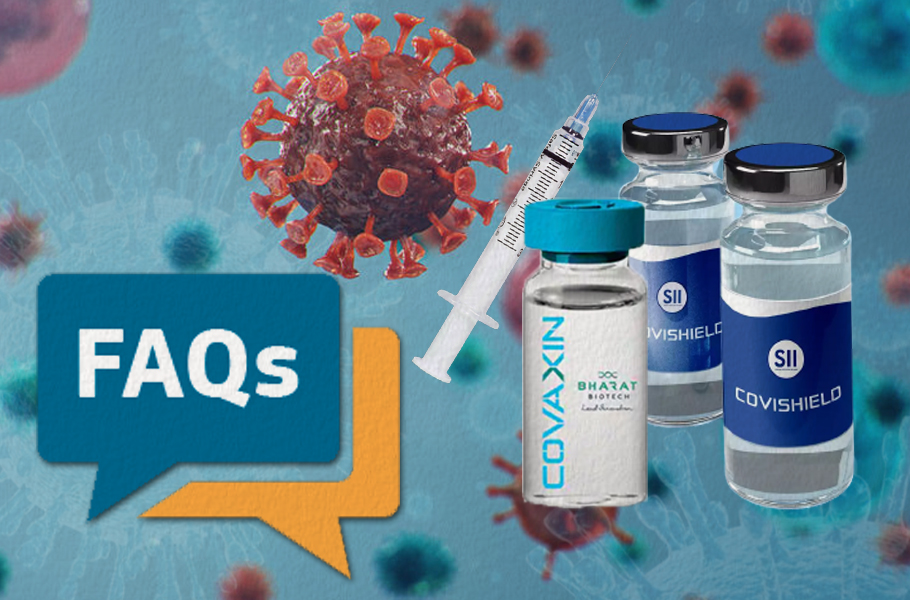
COVID-19 vaccine rollout has begun. What we must know about it

Like the proverbial light at the end of the tunnel, vaccine rollout has begun around the world after a long period of COVID-19 distress. From grim and gloom helplessness, a ray hope is at the horizon. At the time of writing this article, about 14 lakh doses of vaccine had been administered in India, with the world total crossing a staggering 600 lakh doses. Thankfully no alarming...
Like the proverbial light at the end of the tunnel, vaccine rollout has begun around the world after a long period of COVID-19 distress. From grim and gloom helplessness, a ray hope is at the horizon.
At the time of writing this article, about 14 lakh doses of vaccine had been administered in India, with the world total crossing a staggering 600 lakh doses.
Thankfully no alarming adverse reaction is reported as resulting from the vaccination. In this context, here are some of the frequently asked questions and our response to the same.
How is a vaccine candidate developed?
In preclinical trials, the vaccine candidates are tested in a laboratory on human cells grown in a Petri dish. This is followed by animal studies wherein animals are given the vaccine, and the immune response is observed.
At times, the vaccinated animals may be deliberately administered COVID virus, called challenge studies, to see the vaccine’s effectiveness. Once the preclinical studies, including animal trials, are completed, and the vaccine is found to be safe and effective, human trials begin.
These are called vaccine candidates. These vaccine candidates are examined for their safety, potential side effects, immune response and subsequent human trials’ efficacy.
What is a human clinical trial?
Typically, there are four phases in the clinical trials also called human trials. During the phase-1 of human trials, a small group of healthy adults are given several vaccine candidates’ doses.
A small subset among them is given a placebo (such as saline). By comparing the effect among the clinical trial subjects who have been given different doses with those given a placebo, the safety and significant side effects are established.
In the second phase, the qualified dose is tested among a larger group of healthy volunteers to see the side effects and the immune response it generates.
In Phase-3, much larger groups, often running to 20,000-30,000 are administered the vaccine. Usually, a set of the volunteers, called vaccine arm, are given the vaccination. Another set is given a placebo, called placebo arm (say saline injection).
Both groups are observed for some weeks to see who among them contract the infection. The rate of infection among the vaccine arm volunteers is compared with the placebo arm to compute the vaccine’s efficacy.
As much larger numbers are involved in the phase-3 trials, it provides a broader scope to find the side effects among diverse volunteer profiles.
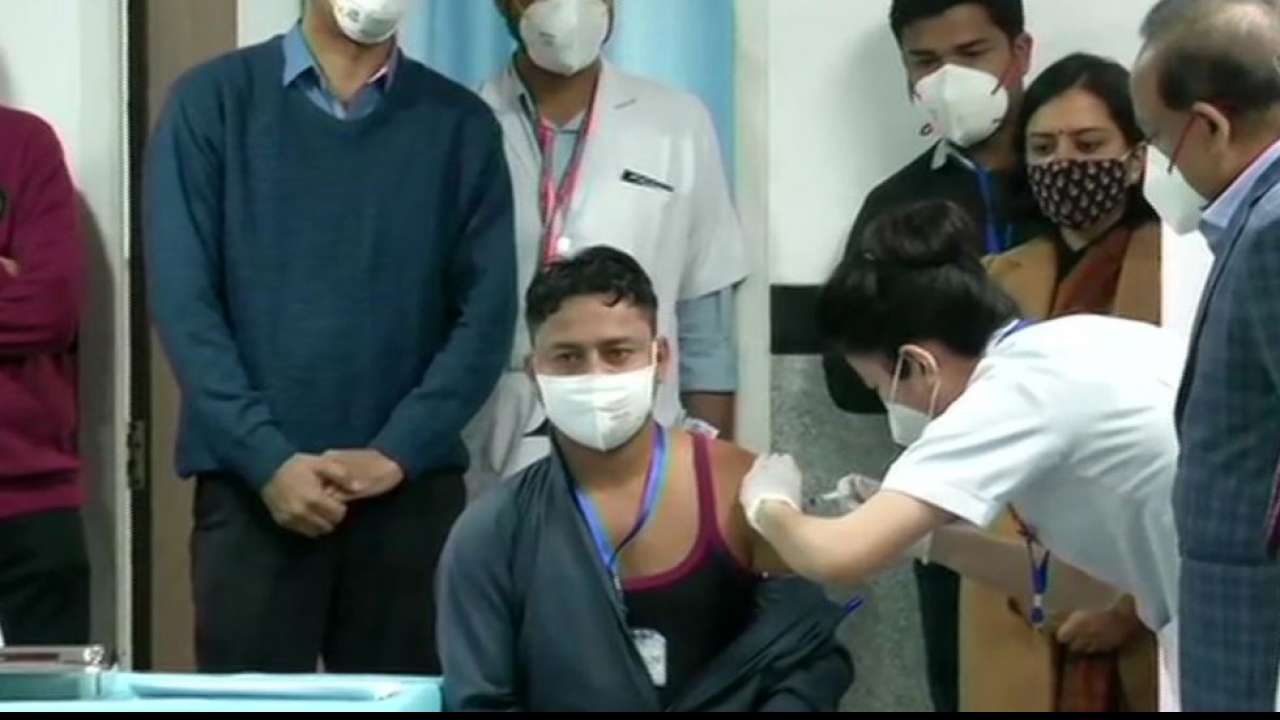
Bridge studies
The genetic makeup of the indigenous population may impact the effectiveness of a vaccine developed elsewhere. Hence, if a vaccine is created in a foreign country after the trials there, the national drug regulator may not insist on conducting human trials again, but may call for a bridge study.
That is why Covaxin conducted a three-phase human trial in India, while Covishield is in its final bridge study stage.
About a few thousands of the local population are recruited for the double-blind placebo based bridge studies trial. Again the level of protection the vaccination offers against the infection and side effects it causes are observed.
How are the vaccines approved?
In human trials, the vaccines have to prove the safety, immunogenicity and efficacy for approval for broader use.
Based upon the results of the clinical trials or the bridge studies,
If the vaccine candidate is found to be safe in the trials or the bridge studies, with tolerable side effects, and is able to kick-start the immune response efficiently, national drug regulators such as Drugs Controller General of India (DCGI) or USA’s FDA approve it for sale/ distribution in the country.
Phase-4 begins only when the approval for public use is given. The company and the government bodies keep track of the lakhs of people for many years to see if any previously unknown side effect is seen.
Which vaccines have been approved in India
The Serum Institute of India (SII), Pune, submitted safety, immunogenicity and efficacy data generated on 23,745 participants aged 18 years or older from overseas phase -3 clinical studies of the vaccine candidate AstraZeneca’s adenovirus-based vaccine vector AZD1222.
Named Covishield, SII also conducted a bridge study of this vaccine and gave data on 1,000 participants. Finding the bridge studies results comparable to the overseas clinical trials, DCGI approved the vaccine in India.
Bharat Biotech has developed the indigenous Covaxin, an inactivated coronavirus vaccine. The results of phase-1 trials have been published. The phase-2 inferences are available as pre-print.
The third stage is underway. Except for minor discomfort like headache, the phase 1 study found no adverse effect.
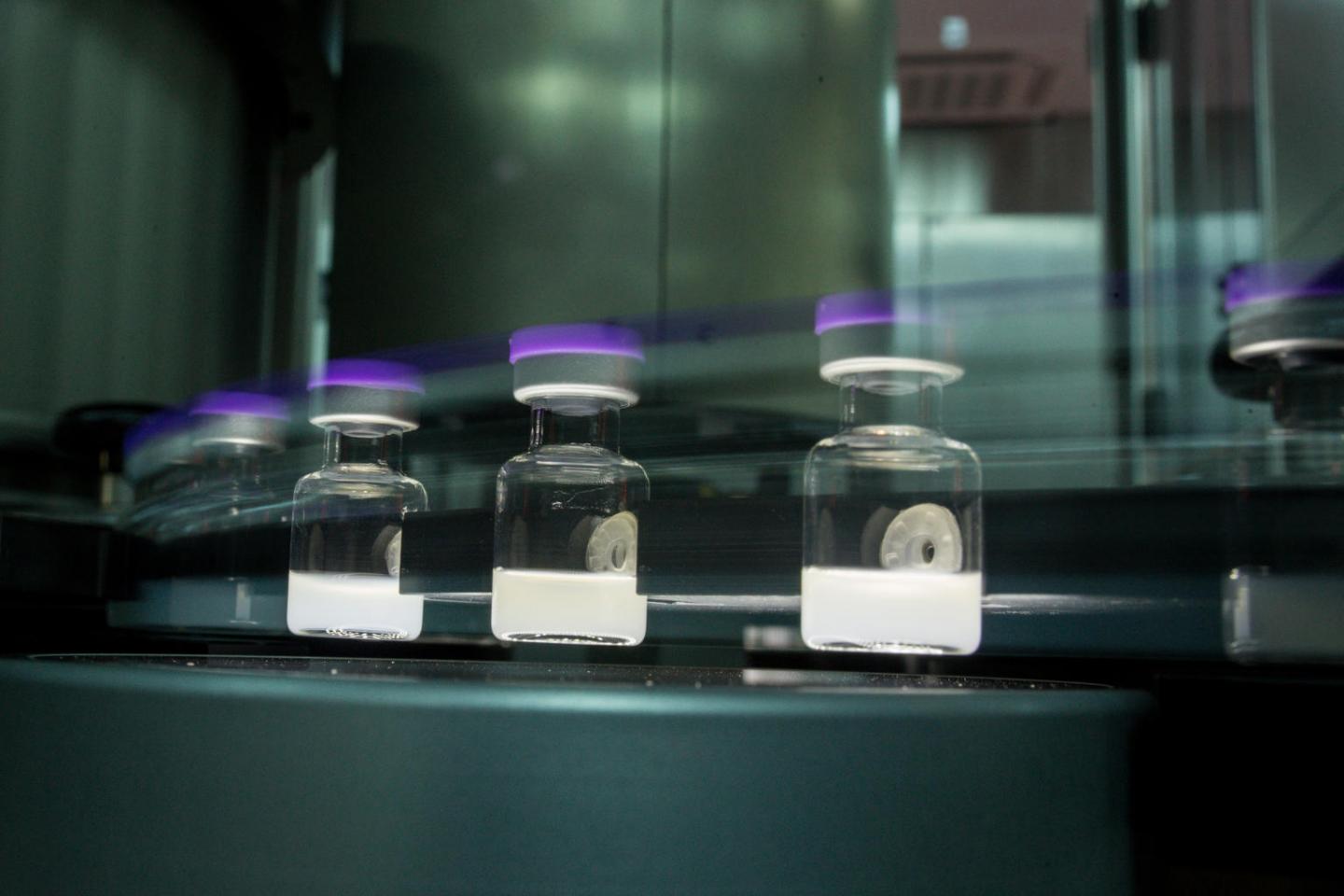
From the phase 1 and 2 human trials, which involved about 800 subjects, out of the three, BBV152A, BBV152B, BBV152C, vaccine candidate BBV152B was found to be suitable providing a robust immune response.
The Phase 3 efficacy trial is underway, with 22,500 participants out of the 25,800 proposed being vaccinated across the country, and the vaccine being reported to be safe.
Covaxin has been given permission for “‘restricted use in an emergency situation in public interest as an abundant precaution, in clinical trial mode, to have more options for vaccinations, especially in case of infection by mutant strains”. Those who are administered Covaxin will have to consent for taking part in the vaccine trial.
How effective are these two?
An accidental incident showed that when people are given a half dose followed by a full dose, AstraZeneca’s AZD1222 vaccine candidate has an effectiveness of about 90%.
However, as there is no precise data for the half-dose–full-dose administration, the Subject Expert Committee (SEC) has recommended the approval of two full doses of the AZD1222/Covishield vaccine, administered around 4-6 weeks apart. In this regimen, the efficacy of the vaccine is estimated to be about 70.42%. The immune response could last at least a year.
Regarding Bharat Biotech’s Covaxin, as the third stage trials are yet to be completed, the effectiveness is really unknown. However, the company had claimed efficacy of 60%, more than the 50%-benchmark set by the World Health Organisation for viable global COVID-19 vaccines.
What more are in the pipeline
A little over 120 vaccine candidates are under various stages of trials all around the world. In India, in addition to Covishield and Covaxin, two more vaccine candidates are under advance stages of human trials.
Of these, Sputnik V, developed by Russia’s Gamaleya Institute, produced in India by Hyderabad based Dr Reddy’s Laboratories, in the name of GamVac, is the frontrunner.
The vaccine is found to be 91.4% effective based on interim late-stage trial results. More than 1,00,000 people have so far been vaccinated with this vaccine all around the world.
In India, the bridge study with about 1,500 volunteers is underway. Reddy’s lab is proposing to manufacture around 300 million doses of this vaccine this year.
Not far behind is the Ahmedabad-based drug firm Zydus Cadila’s ZyCoV-D. This plasmid DNA vaccine developed with the support of the Department of Biotechnology is found to be safe and immunogenic in the Phase 1/2 clinical trials involving around 1,000 healthy adult volunteers. The phase 3 study involving 30,000 volunteers is about to commence.
Besides, NVX-COV-2373 also called NovaVax is also considering bridge studies in India.
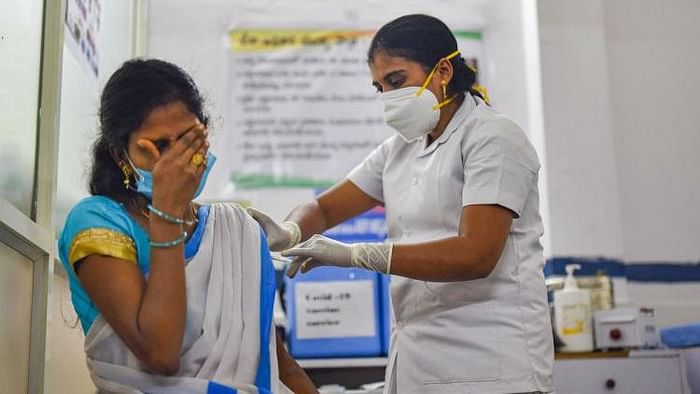
Who is eligible for the Covid vaccine now?
The government of India is vaccinating all healthcare workers and those engaged in ‘frontline’ tasks, such as security forces in the first round. This population is estimated to be around 27 lakh.
Subsequently, those aged above 50 and those with co-morbidities will be permitted to register through CoWIN App.
Together, in the first phase of COVID vaccination drive, 300 million are expected to be covered. Most likely, the phase -1 of the vaccination in India will be completed only by November 2021.
Concerning the remainder of the population, no concrete plan has been stated. While the government-administered vaccination drive is on, some vaccine manufacturers may sell in the open market, after the third stage trials are completed.
Nevertheless, the production capacity would remain a critical bottleneck. For example, as most of these vaccines require two doses, 600 million doses of vaccine have to be manufactured even for first-round vaccination.
How do I sign up?
If you are a healthcare worker or frontline worker, you are eligible for immunisation on priority. For smooth delivery of the vaccine, a CoWIN App has been developed for both Android and iOS platforms.
Respective state governments have prepared the list of beneficiaries. Your name must be registered in the app. In case your name is not there, you may contact the local health department.
In due course, the app will be opened up for sign up by others. The first priority group will be those above the age of 50 and those who have co-morbidities.
The public registration process has not commenced, and you will have to wait for the announcement.
Fake apps have been masquerading as ‘CoWin’ on Android and Apple and other platforms. Do not download them. Once the registration is open for public enrolment, the app will be made available through the government website. It is reliably learnt that artificial intelligence algorithms will drive in prioritising applicants.
How will I get the vaccines?
Once you register and your turn comes up, you will receive an SMS on your mobile number giving the details like date, time and location of the vaccination centre.
At the appointed time when you visit the vaccination centre, after verifying your details, you will be given the shot. You will once again get a notification for the second dose.
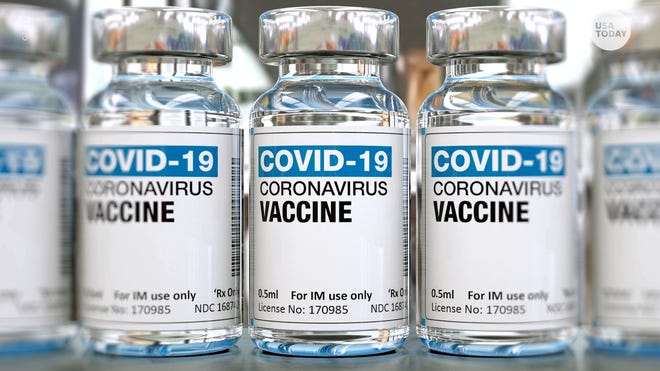
Will it hurt? What are the side effects?
The vaccine is administered intramuscularly through an injection syringe. One should expect the needle pinprick. Other than this, the vaccination will not result in any pain.
After the vaccination, you would be required to remain under observation for 30 minutes. As the vaccine kicks the immune response, often one would observe a rise in body temperature.
At times, for a few, it may result in a mild fever. Around 2-5% of the people may experience stiffness in the injected arm, swelling, redness or itching at the injection spot, body ache, headache, fatigue nausea or vomiting sensation.
All these minor side effects are transient and do not last long. Vaccine-induced sore throat, runny nose, cough, and chills are also well known.
In rare cases, severe allergic reactions may be induced. The allergic reaction may include difficulty in breathing, swelling of the face and throat, racing heartbeat, rashes and dizziness.
Mostly the adverse allergic reaction would occur within the 30 minutes post the vaccination, during the observation period itself. As per the mandate, fact sheets mentioning “side effects” are provided in the vaccine package. You can consult for vaccine-specific side effects.
Why do you need two doses of the vaccine?
The first dose helps the immune system create a response by producing antibodies against the novel coronavirus’s antigens. The second dose is essential for generating a robust immune response, boosting it, and ensuring long-term immunological memory.
Two dose vaccines are not new, including those for hepatitis B, HPV, and shingles.
One word of caution. Do not mix vaccines — like taking the first dose of one vaccine and second dose of another vaccine.
How long will it take for the vaccine to protect?
It is important to remember that the first dose does not protect. The two doses of the Covishield and Covaxin are administered 28 days apart. The effectiveness of the vaccine will begin only 14 days after the second dose.
As the vaccines’ efficacy is in the range of 70%, three out of ten vaccinated will not really have vaccine protection. Therefore, both the vaccinated and unvaccinated population are advised to practice COVID pandemic hygiene practices, such as face mask until the pandemic is contained.
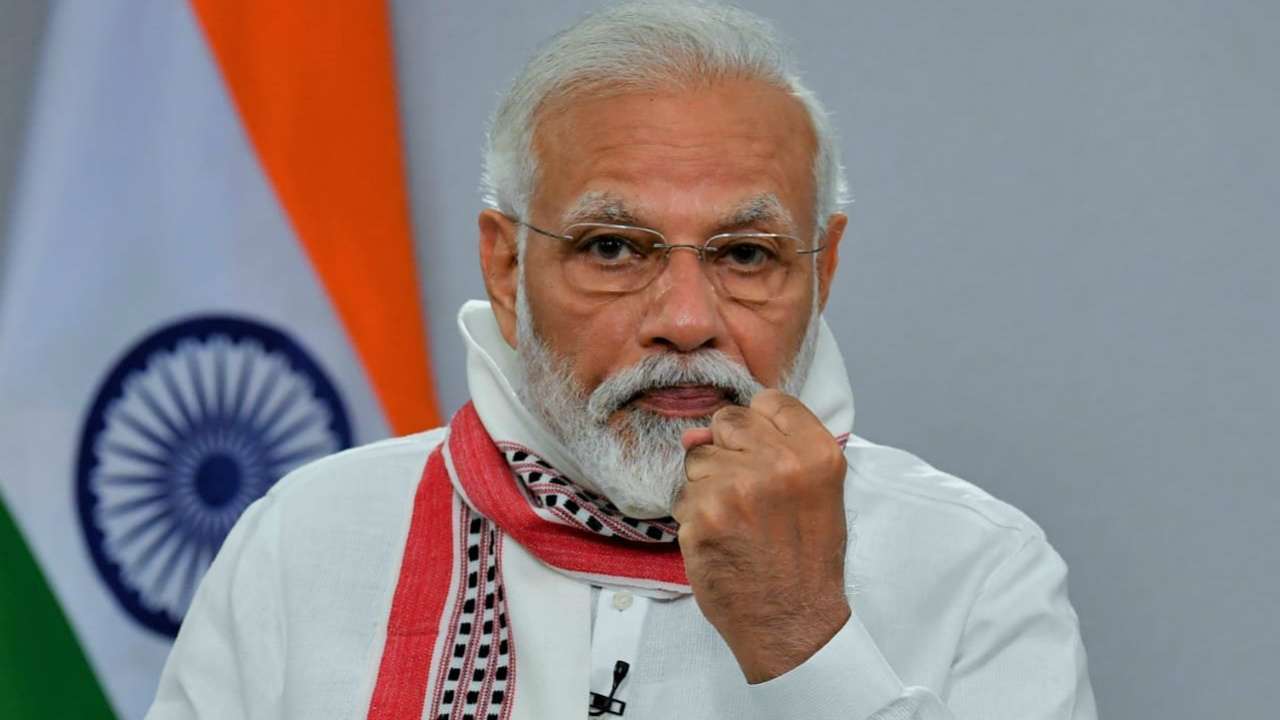
Would the two-dose provide lifelong immunity?
How long the vaccine-induced immunity (or natural infection-induced immunity) will last is yet to be determined. The observed rate of the mutation in the coronavirus is not scary like that of influenza virus.
However, the efficacy of immune response, how strong is its immunological memory to vaccine and infection, is not clear yet. As of now, we know the immunity lasts for months.
Only a large-scale vaccination and monitoring the vaccinated will give a clear picture of the immunity’s durability.
If you forgot to take the second dose, what should you do?
During the first phase, the vaccination centre administering the first dose is expected to follow up with you for the second dose. The CoWin app is also likely to send you a reminder.
Nevertheless, if you missed the second dose, there is no need to panic. The second dose can be taken as soon as you can. However, taking the second dose at the prescribed time would ensure a potent boost to robust and long-lasting immunity.
If you have had Covid-19 already, should you get vaccinated?
There is no harm in getting vaccinated. If the vaccine provides better immunity and longer-lasting immunological memory, it is better to go for vaccination.
However, there is a vaccine bottleneck in the initial phase. The number of vulnerable population who need the vaccine far exceeds the manufacturing capacity of companies.
Hence, in public interest, you may like to go to the back of the waiting line. If you have been infected by COVID earlier, you can afford to wait.
Will it work on older people?
Usually, due to age-related physiological changes, those aged 65 and older do not respond to the vaccination the same way as younger people do. Some of the vaccine trials had made it a point to test the vaccine’s effectiveness among the older cohort group.
Specific studies in this direction are needed. Even if the vaccines are not going to be as effective as in the younger age group, older people can get partial protection by vaccination; hence it is wise to vaccinate.
Is it safe for pregnant women and breastfeeding mothers?
Most of the vaccines available for COVID have not been tested on pregnant women or breastfeeding mothers.
Thus, India’s norms exclude both pregnant women and breastfeeding mothers from the COVID vaccination programme. So is the case of children. None of the vaccine trials has included younger children in their studies.
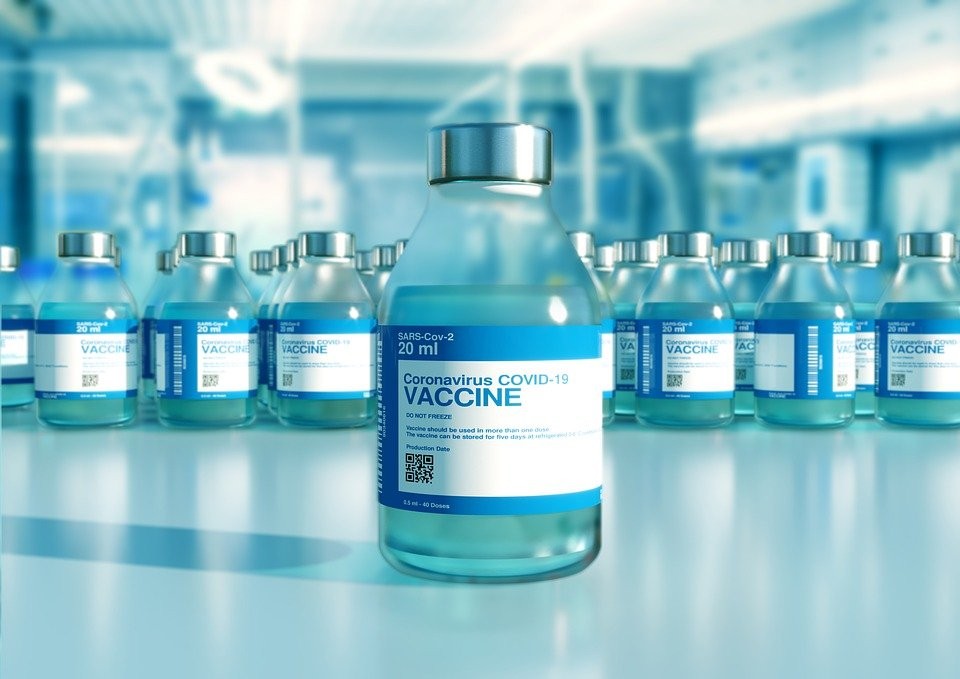
For many decades now, pregnant women have been given vaccines, which are not attuned live pathogens, against influenza and other diseases.
Several studies on pregnant women who had contracted Covid-19 show that the infection does not trigger miscarriages; hence the vaccine will have an even lesser chance.
Therefore, the vaccine per se is not a risk for pregnant or breastfeeding women. More data is sure to emerge in due course with the vaccine rollout all over the world.
Perhaps it is better to wait for some months before pregnant and breastfeeding women and children are given the vaccine against COVID.
Can a vaccinated person transmit novel coronavirus?
The short answer is we don’t yet know for sure. The vaccine trials are designed to find how effective the vaccine is in preventing the infection and illness.
These trials do not tell us about whether or not they will be able to spread the coronavirus. From our experience with other vaccines and patients cured of COVID-19, researchers are hopeful that vaccinated people will be a bulwark against the spread of the virus and confer herd immunity to society.
A natural infection or a vaccine, which can confer a more robust immune response?
While the vaccines against pneumococcal bacteria induce better immunity than natural infection, as indicated by the antibody levels, the case of mumps is different.
A natural mumps infection gives almost lifelong immunity (in rare cases also induces infertility among men). In contrast, with the current vaccine for mumps, one can still get the disease.
What about COVID19? The answer is we don’t know. Available evidence suggests that COVID vaccines induce better antibody response than natural infection; however, more research is needed.
Nonetheless, one thing is sure. The risk of death from natural COVID disease is much much higher and real than the potential risk of vaccination.
If my choice is between immunisation and natural infection of COVID, I would any day choose vaccination.
(The author is a science communicator with Vigyan Prasar)

